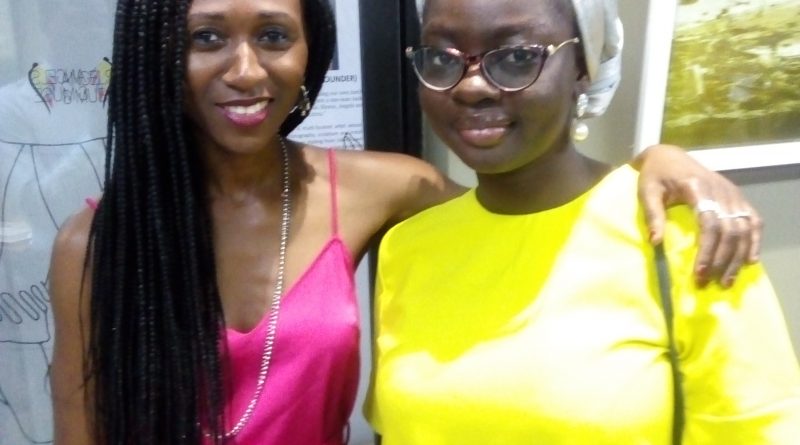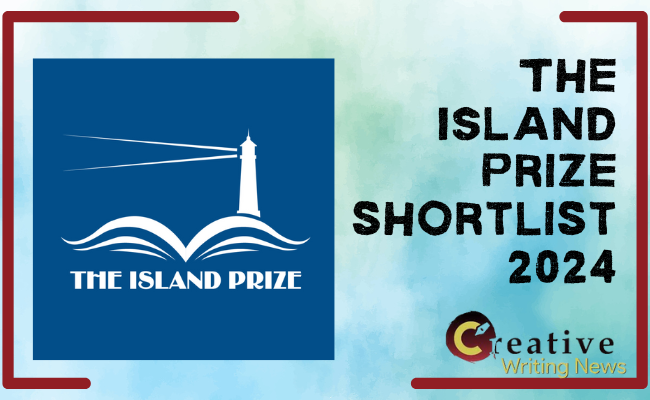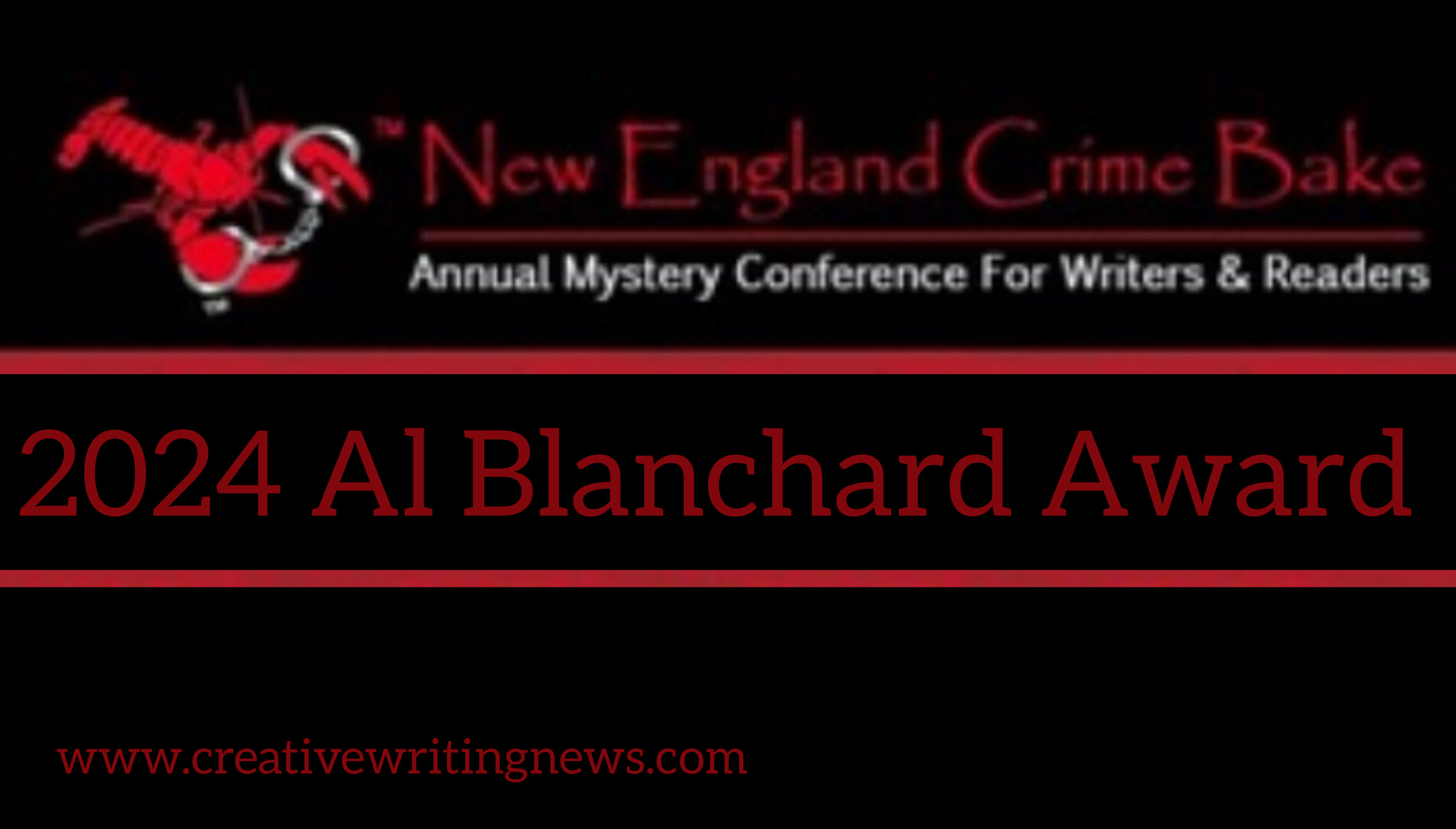An afternoon with Ms. Ainehi Edoro
The BrittlePaper event was slated to hold in a cozy art house on a late afternoon in Lagos. Traffic was terrible as usual and I felt quite flustered when I eventually reached the venue. I’d never been there before. This cozy art house had beautiful photographs hanging on the walls.
Ainehi Edoro-Glines, standing in her beautiful pink dress, welcomed invited guests. She had this genuinely kind smile that made one feel quite at home. An artist called Ehije, the ‘story teller’ came to grace us with beautiful music before the conversations started proper.
Headlined by Wonu, the discussion centered on African literature began. Although most of the guest expressed their varying opinions, I just sat back, a novice too shy to speak. I chose to soak it all in like a sponge.
Of all the issues raised, the following caught my interest:
1. Who gets to decide what kind of books could be termed as classics or award-winning?
As an avid reader, who genuinely believes that life is too short to be spent on terrible books, I look to award lists to decide what book to read.
I love literary fiction, I do. But sometimes I get tired of reading about pain and war and bad governance. Sometimes I just want to curl up and soak myself in genre books like ‘The Sun is Also A Star’. It is basically a love story by the American author, Nicola Yoon. But in Nigeria, it’s difficult to find genre books like that because they aren’t being marketed with the same intensity as literary fiction. We don’t see them on shortlists for literary awards and it begs the question: Do we snub genre fiction writing? Do we see them as sub-par or do we assume that to qualify as an African writer, one must always be serious and political?
And even when it comes to these awards, what’s the criteria for being selected? Taking the Caine Prize shortlist for this year, for instance. Pardon me when I say most of the stories were drab . Just drab.
2. The distribution of African Literature in Nigeria.
For instance, it is easier to find a Danielle Steel book than it is to find a Petina Gappa book because there are very few book stores licensed to sell African Literature here and most of these foreign books are used books. What policies could be made by the government to make the distribution of these books easier? Should our bad roads be fixed or should a thriving printing industry be established?
The narrative that Nigerians don’t read is a tiring and old one. Think of Okada books or even stories by writers on Facebook. The amount of followership of stories on these platforms is enough to convince anyone that Nigerians do read. A lot. Perhaps the problem is accessibility and cost of hard-copy books. A typical book starts from 3,000 naira and with minimum wage at N18,000, it is quite difficult for one to spend such an amount on books especially in a country where the reading culture is not very encouraged.
Try convincing anyone who earns less than the minimum wage to spend the money on a book instead of food. Let me know how they reacted in the comments section.
According to an editor at Farafina, the publishers are definitely not to blame for the seemingly high costs of books especially when one considers the high production costs. The lack of a viable printing industry doesn’t help matters at all. In the end, we return to running in a circle of problems in which the government is at the center.
In my opinion, people are probably not reading African books because they can’t get their hands on them. And they can’t get their hands on too many of them because they are too expensive. The government isn’t doing anything to help the literary industry either- sponsoring literary festivals while taxing publishing houses heavily and leaving your roads inaccessible seems quite paradoxical. Perhaps the reason genre writing isn’t greatly encouraged is because publishers are trying to make sure the books they place their money on actually sells. And genre books are less likely to be recognized for awards or accepted by the western world as ‘African Writing’. International recognition is always, always a boost to sales.
Yet the writer is stuck in the middle of all this—writing about your hometown when you’re not even sure people in your hometown would be able to access the book. Writing and having to wonder how you can boost sales of your book through your Instagram account when all you want to do in actuality is sit with your laptop or notepad and write.
We definitely have a long way to go in African Literature. Right now, online publication of books seems to be a solution to some of the problems as it eliminates most of the printing and accessibility problems. Even so, the aforementioned issues should not be ignored.
Our case should not be that of a village who leaves a clogged river because so long as they fetch from it regularly, it won’t overflow. Consider what will happen when the rains come?





